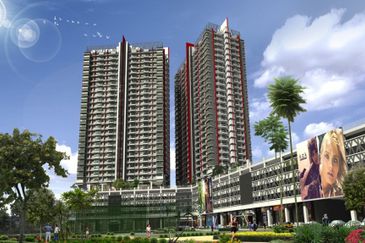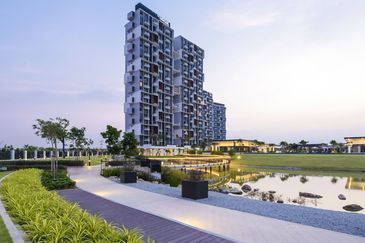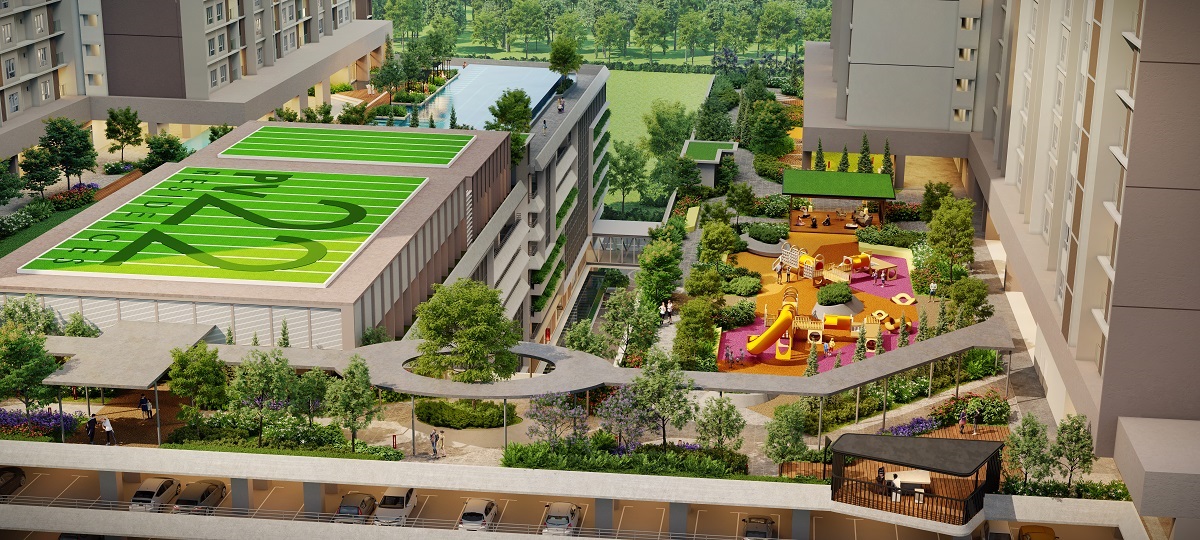
PETALING JAYA (Feb 14): The British Broadcasting Corporation (BBC) yesterday reported on a story about the plastic waste scourge which descended upon the Kuala Langat district of Selangor, especially the town of Jenjarom.
The UK broadcaster reported how after China banned the entry of plastic waste in 2017, “the bulk” of it ended up in Malaysia, with most of the waste coming from the US, UK and Japan.
*Yeo: Waste separation, recycling practice still low
*Illegal factories : Land owners risk losing lands
According to the report, up to 754,000 tonnes of plastic waste were taken in by Malaysia “from January to July 2018 alone”.
Being close to Port Klang made Jenjarom the ideal location for illegal factories to be set up to recycle the plastic waste.
And it heavily impacted the residents of the town.
"The smells started a while ago but got really bad around August this year," Daniel Tay told the BBC.
"I started to feel unwell and I would keep coughing. I was really angry when I found out it was because of the factories."
Another resident, Ngoo Kwi Hong, told the broadcaster fumes from the burning made her “cough up a blood clot”.
"I couldn't sleep at night because it was so smelly. I became like a zombie, I was so tired.
"It was only later I found out there were factories surrounding my house - north, south, east, west,” Ngoo added.
Thankfully, action has since been taken by the authorities.
The same report stated that 33 illegal factories in Jenjarom have been shuttered, “and for the most part, the fumes are gone”.
Up to 17,000 tonnes of rubbish were left behind by the factories, with most of it being “repossessed by the authorities”, but 4,000 tonnes are still deposited on a single site.
"We are trying to identify who is the owner of the land, we are still investigating this," Minister of Housing and Local Government Zuraida Kamaruddin told the BBC.
"No one wants it because it is so contaminated," Yeo Bee Yin, Minister of Energy, Technology, Science, Environment and Climate Change, revealed to the UK broadcaster.
She added that it “will cost around RM2.5 million just to transport that pile”.
“We have to get rid of that pile first.”
TOP PICKS BY EDGEPROP

Cheria Residences, Tropicana Aman
Telok Panglima Garang, Selangor
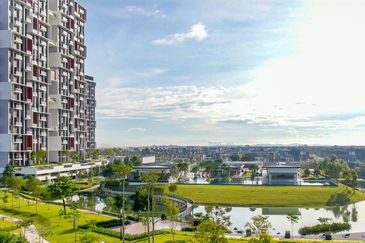
The Parque Residence @ Eco Santuary
Telok Panglima Garang, Selangor
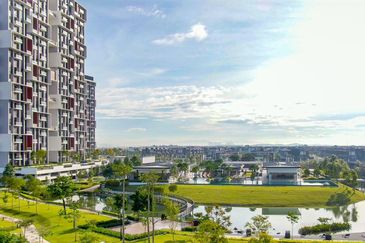
The Parque Residence @ Eco Santuary
Telok Panglima Garang, Selangor
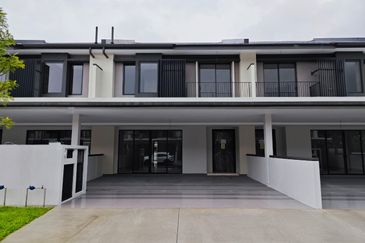
Elemen Residences @ Tropicana Aman
Telok Panglima Garang, Selangor

Elemen Residences @ Tropicana Aman
Telok Panglima Garang, Selangor


